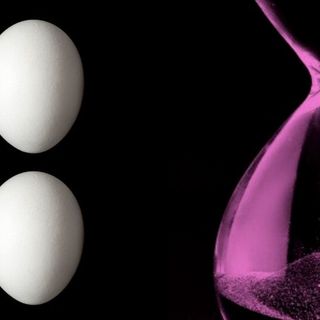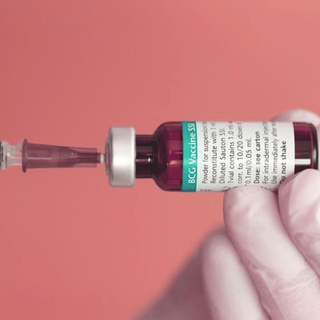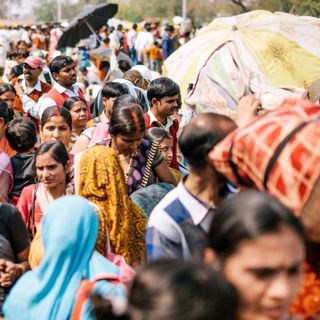Prime Minister Narendra Modi allegedly met with owners and editors of the country’s leading national and regional dailies in order to encourage them to publish positive Covid19 stories. According to PM Modi’s website, “Underlining that it is imperative to keep the fighting spirit of the people up; PM emphasized that it was important to tackle the spread of pessimism, negativity, and rumor-mongering. Citizens need to be assured that the government is committed to countering the impact of COVID-19.”
This commitment to positivity is confusing, and definitely corny. We’re in the middle of a global pandemic that is claiming lives daily. Migrant workers walking miles to reunite with their families, heavily under-protected health workers, people losing their jobs, and even those stuck at home, driven restless with cabin fever, are not really in the mood for chirpy, all-is-well positivity that erases the uncertainty, stress, and fear they’re coping with.
What actually might help us feel better, however, is some tastefully done dark humor.
Morbid or gallows humor, popularly known as black comedy or dark humor, is not a new phenomenon, especially when it comes to large-scale crises. Jewish people depended on humor to get them through the Holocaust. Elie Wiesel’s memoir Night is an example — he writes, “In Treblinka, where a day’s food was some stale bread and a cup of rotting soup, one prisoner cautions a fellow inmate against gluttony. ‘Hey Moshe, don’t overeat. Think of us who will have to carry you.’” During Hugo Chavez’s tenure in Venezuela, press freedoms were greatly limited. Within that regime, satirical articles and drawings grew immensely popular, driven by the saying –“Me río para no llorar” – laugh so you don’t cry, became popular.
Related on The Swaddle:
Joke or Sexism? Misogynist Humor Condones Prejudice
Unlike a forced attempt to remain cheery, dark humor’s greatest quality is that it does not attempt to condescend. According to researcher Allison Rowe, black humor is an excellent way to vent one’s feelings and bond socially. Dark humor also dissolves the emotional closeness and resultant tension one can feel with a dangerous situation, leading us to a certain clarity with which we can act to protect ourselves. However, psychologist and researcher Wayne Maxwell told Time that dark humor might also just be a means to escape our current unfortunate situations or remain in denial about its true consequences.
While Covid19 makes us suffer — there’s no better way to escape from the constant stream of information — and potential incoming ‘positive’ news from the national dailies — than a sharp joke that cuts through the claptrap and keeps us sane. That is, as long as it doesn’t morph into large-scale denial.




